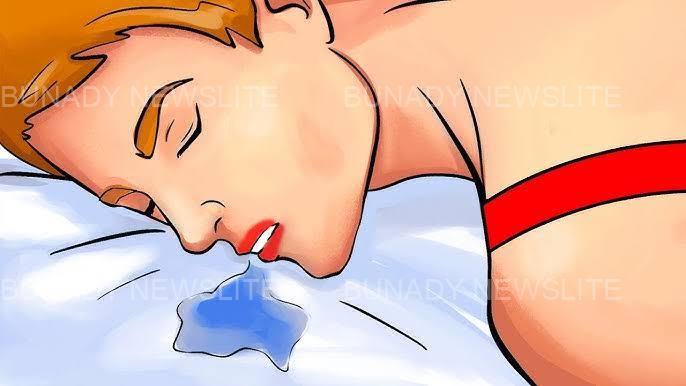Why You pour Saliva On Your Pillow While Sleeping And What It Means According To Science
Pouring saliva on your pillow while sleeping, also known as drooling, is a relatively common occurrence that many people experience at some point.
It happens when your body produces saliva during sleep and your mouth relaxes, causing the saliva to pool and eventually leak out. While this might seem like a minor issue, it can indicate a variety of factors or underlying conditions, according to science.
One of the main reasons people drool in their sleep is related to how deeply they sleep. During the rapid eye movement (REM) phase of sleep, the muscles in the face and throat relax, which can sometimes result in a loss of control over the mouth, allowing saliva to escape. Another possible reason is nasal congestion. When the nose is blocked, people tend to breathe through their mouths during sleep, which can contribute to drooling. This is especially common with conditions like colds or allergies.
Additionally, drooling can be linked to certain medical conditions, including sleep apnea, Parkinson’s disease, and even gastroesophageal reflux disease (GERD). People with sleep apnea, for instance, often struggle to breathe properly during sleep, which might cause excessive salivation. Similarly, neurological conditions can affect the muscles responsible for swallowing, leading to drooling.
In most cases, occasional drooling is harmless and simply part of the body’s natural functions during sleep. However, frequent or excessive drooling, especially if accompanied by other symptoms, may warrant a visit to a healthcare professional for further evaluation.

